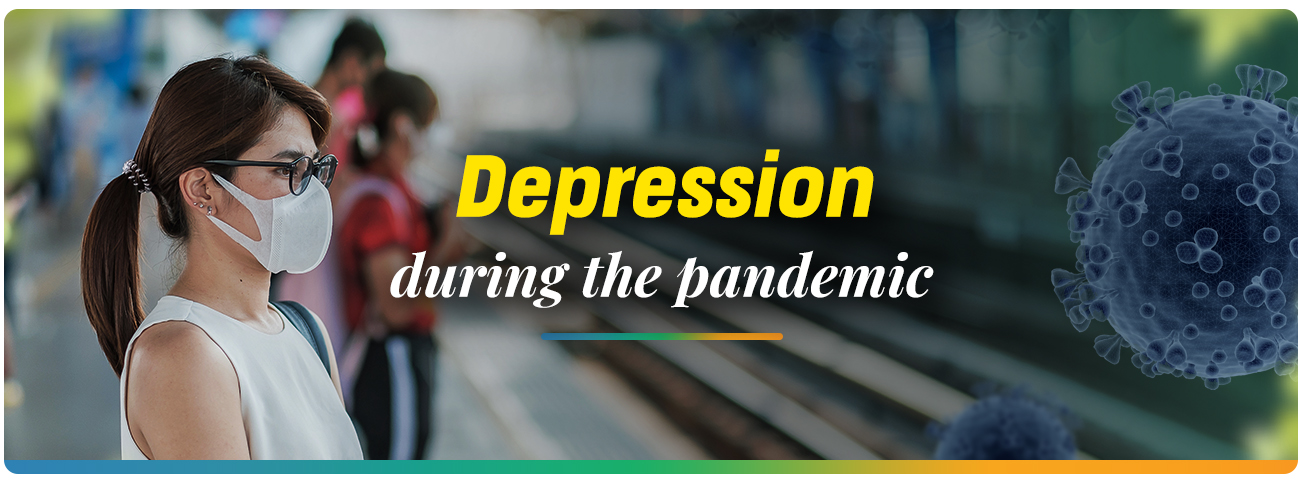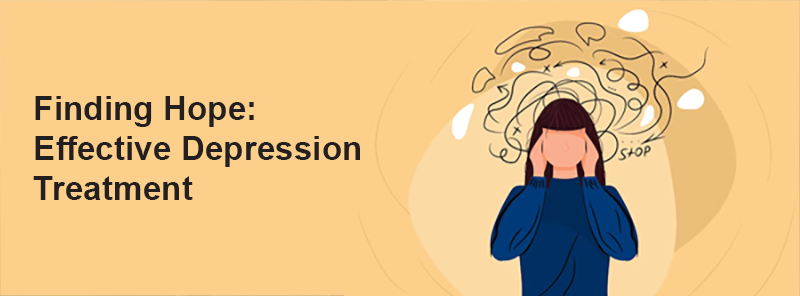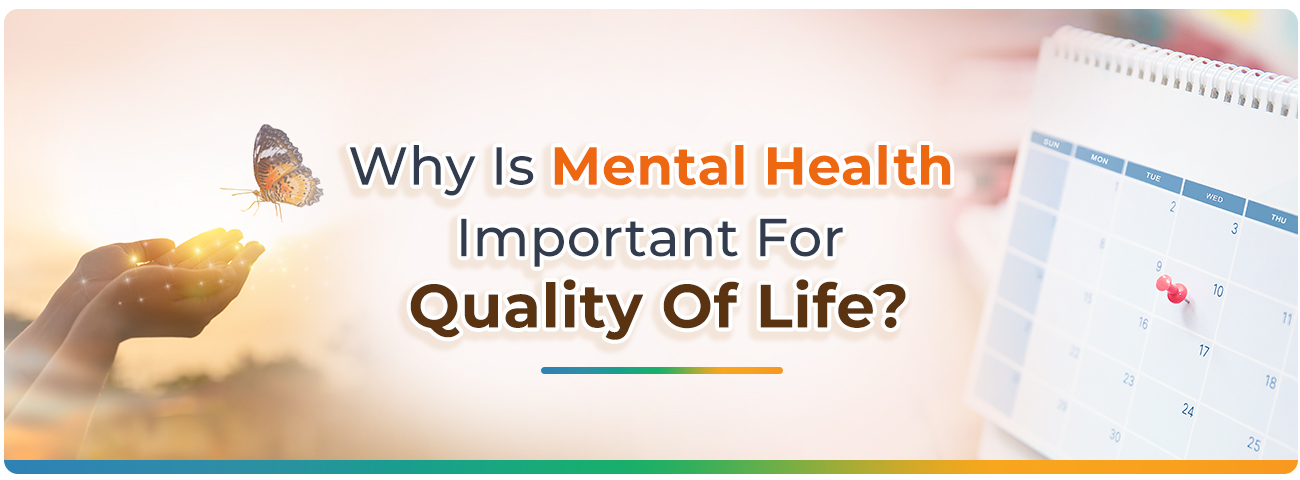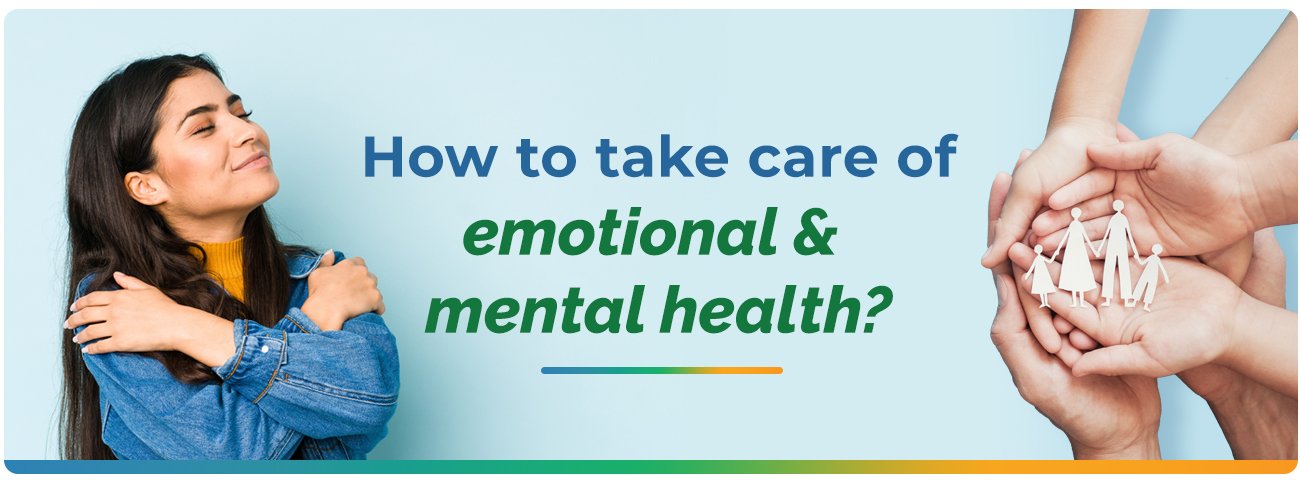Depression during the pandemic

Look around us, most of us are enduring stress, anxiety, and depression today, and the root cause for most of our current woes are primarily the sense of helplessness.
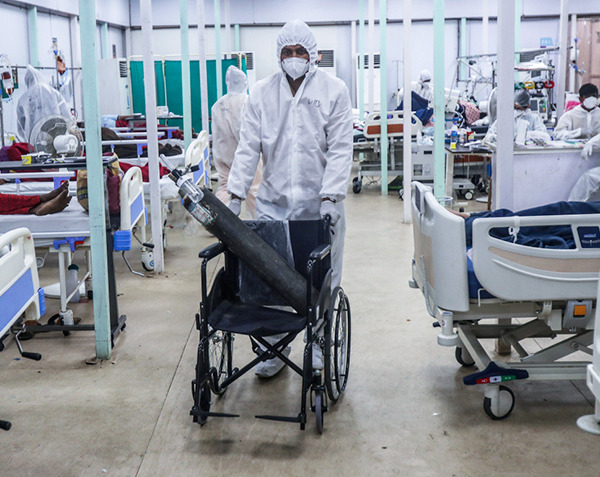 People suffer from the unavailability of diagnostic kits, hospital beds, and oxygen cylinders for their loved ones, if not self. The agonizing fact is; they are unable to do anything about it. The sense of inability is causing anxiety and depression among people, and people in metro cities and Tier I cities are more vulnerable to this ailment.
People suffer from the unavailability of diagnostic kits, hospital beds, and oxygen cylinders for their loved ones, if not self. The agonizing fact is; they are unable to do anything about it. The sense of inability is causing anxiety and depression among people, and people in metro cities and Tier I cities are more vulnerable to this ailment.
People are experiencing a lot of distress and depression as a result of their feeling of inability. The cities are densely populated, and all health care system challenges get amplified. From Ambulance to crematorium, they discover their helplessness in securing the essential amenities.
While we can blame the health care infrastructure, scarcity of oxygen cylinders, and list of uncontrollable factors which still don’t address our emotional health problem.
- With only 4500+ trained psychiatrists and even fewer psychologists to treat 43% of the Indian population suffering from depression.
- The uneven distribution between the increasing need for mental health care and limited mental health resources makes it further challenging to bridge this rising gap.
- Fear, apprehension, social distancing, and emotional distress have increased as the country tries to grapple with second wave of Covid 19.
 However, India’s mental health situation has remained largely unchanged. There is stigma attached to mental illnesses, and the number of psychiatrists and counselors in the country remains at an abysmal number.
However, India’s mental health situation has remained largely unchanged. There is stigma attached to mental illnesses, and the number of psychiatrists and counselors in the country remains at an abysmal number.
Psychologist Mrs. Shilpi Sharma at mindfulTMS says, “The mental health effects of losing your loved ones and often overlooked. During a pandemic situation like COVID-19, with a rapid increase in cases daily in India, addressing grief or helplessness is essential to curtail mental health issues like anxiety and depression.”
Online Therapy Sessions: Online counseling and therapy sessions are available at nominal costs for individuals who may want to discuss issues related to uncertainty and grief. Seek professional help if you are experiencing mental health issues during tough times. Psychological therapy can assist you in tackling these issues better.
Mental outburst is on the rise during the pandemic

“The recent incident was when an IIT-K professor started abusing students on video con as she was disturbed for testing Covid positive”
Each person’s experience of mental illness differs, depending on the individual. There are different levels at which it deteriorates. Identifying the symptoms at the right time is important. The triggering point might be the result of the Covid 19 test. Getting to the root of the issue is essential to resolve the issue.
COVID-19 pandemic will worsen depression and anxiety if the patient is in a traumatic condition like financial instability, family upheavals, trauma, and failures.
The awareness of mental health and its symptoms is the need of the hour. mindfulTMS conducts mental health awareness webinars regularly to address this issue. The holistic intent is to generate sufficient mental health awareness among people and strengthen the demand for integrated mental health and psychosocial interventions. Spotting the symptoms early will help to stop the ailment from worsening.
How do Covid positive patients deal with mental breakdowns?

 Take sufficient time to make preparations and reassure loved ones. Encourage the usage of technologies (e.g., phone and video calls, social media) to hold loved ones in touch during quarantine. Households and facilities subject to quarantine would need sufficient food supplies, household provisions, and medicines to last the length of the quarantine.
Take sufficient time to make preparations and reassure loved ones. Encourage the usage of technologies (e.g., phone and video calls, social media) to hold loved ones in touch during quarantine. Households and facilities subject to quarantine would need sufficient food supplies, household provisions, and medicines to last the length of the quarantine.
Our Psychologist at mindfulTMS recommends that if you are in self-quarantine, consider delegating tasks to the family members and limiting the activities in a day. Self-soothing activity every day, such as practicing mindfulness, enjoying a cup of coffee, napping, or doing deep breathing for 5 minutes.
Despite the stress caused by the pandemic, there are simple steps that help you maintain your mental health.
Try these four simple tips:

 Good night’s sleep: When you are in quarantine, prioritize sleep and stick to the schedule. Have difficulty falling asleep, decrease your caffeine, avoid nicotine consumption, and make a consistent bedtime ritual by doing something soothing or reading, or listening to peaceful music.
Good night’s sleep: When you are in quarantine, prioritize sleep and stick to the schedule. Have difficulty falling asleep, decrease your caffeine, avoid nicotine consumption, and make a consistent bedtime ritual by doing something soothing or reading, or listening to peaceful music.
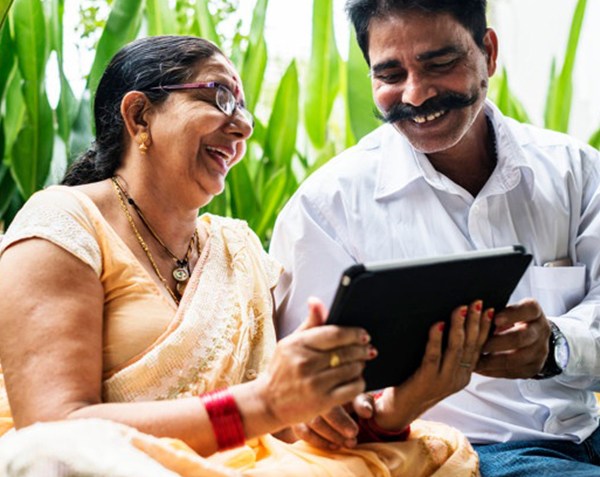 Communication is key: Communicate with your loved ones regularly to avoid boredom and isolation. Emotional support by family and friends will help them handle quarantine better. Lack of communication channels puts patients into
Communication is key: Communicate with your loved ones regularly to avoid boredom and isolation. Emotional support by family and friends will help them handle quarantine better. Lack of communication channels puts patients into
 Practice mindfulness: Practicing mindfulness is one of the best ways to tackle anxiety and stress. To start practicing, sit or lie down for a while. Enable your thoughts and emotions to pass away from you and concentrate on your breathing.
Practice mindfulness: Practicing mindfulness is one of the best ways to tackle anxiety and stress. To start practicing, sit or lie down for a while. Enable your thoughts and emotions to pass away from you and concentrate on your breathing.
 Seek professional help: During the quarantine process, many experience stress, anxiety, and depression. Quarantine might trigger past incidents and trauma and become a significant hurdle during recovery. Seek professional help when needed. If you are already on medication or therapy, consult your Psychiatrist and Psychologist before stopping them abruptly. It might harm some of your recent improvements. Try your best to attend your online counseling session during quarantine.
Seek professional help: During the quarantine process, many experience stress, anxiety, and depression. Quarantine might trigger past incidents and trauma and become a significant hurdle during recovery. Seek professional help when needed. If you are already on medication or therapy, consult your Psychiatrist and Psychologist before stopping them abruptly. It might harm some of your recent improvements. Try your best to attend your online counseling session during quarantine.
A beginners guide to calm the mind.

There are many ways to calm your mind. The effective way, is to identify and acknowledge the problem. Anxious thoughts can overwhelm you, making it difficult to make decisions and take action to deal with whatever issue bothers you. Anxiety can also lead to overthinking, which makes you more anxious, which leads to more overthinking, and so on. Psychological interventions are required to address the problem.
 There are effective techniques in cognitive-behavioral therapies which root out the problem. Behavioral therapies identify the root cause of your restlessness. Certified and trained counselors are more equipped to bring out the real issue you are dealing with. The moment you start acknowledging the problem and take constructive steps, your mind calms down. Meditation and yoga also helps in addressing mild cases of anxiety.
There are effective techniques in cognitive-behavioral therapies which root out the problem. Behavioral therapies identify the root cause of your restlessness. Certified and trained counselors are more equipped to bring out the real issue you are dealing with. The moment you start acknowledging the problem and take constructive steps, your mind calms down. Meditation and yoga also helps in addressing mild cases of anxiety.
The loss of loved ones and see a loved one go through the challenging moments during the pandemic can trigger anxiety at different levels. We sincerely suggest reaching out to someone in the family or someone in the social circle or someone in the professional environment like mindfulTMS. That can help them deal with the anxiety with this challenging situation.
How much percent have mental health issues gone up according to the consultations you’ve done, and what cities in India are the most impacted? What kind of mental issues has become the most common?
Mr. Pavan Ranga, CEO, MindfulTMS and Managing Partner, NR Group, “We have seen a significant increase in mental health issues across metros, Tier-I, and Tier-II cities. The mental health challenges or problems faced by metros Tier I & II are different from each other.”
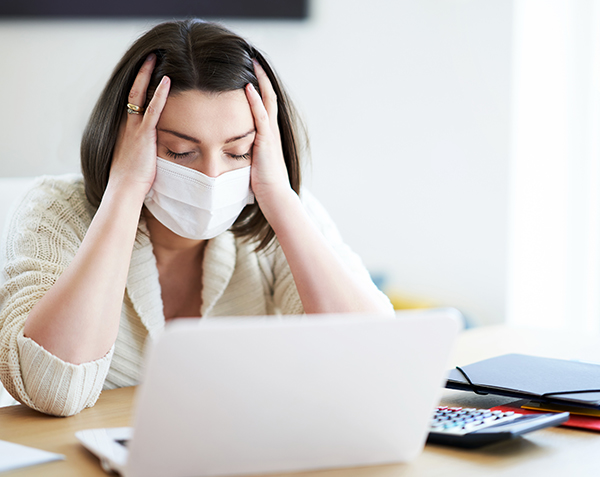 The outbreak has reflected unfavorable mental health impacts and symptoms. The psychological effects of anxiety, depression, and stress since the start of the epidemic have increased due to the lack of health care infrastructure, scarcity of oxygen cylinders scenario, deaths, and isolation. The pandemic has impacted the metros the most, followed by the Tier I cities. The pandemic has taken the health care system by storm. There is a collapse in the health care system, so people are not finding health care support.
The outbreak has reflected unfavorable mental health impacts and symptoms. The psychological effects of anxiety, depression, and stress since the start of the epidemic have increased due to the lack of health care infrastructure, scarcity of oxygen cylinders scenario, deaths, and isolation. The pandemic has impacted the metros the most, followed by the Tier I cities. The pandemic has taken the health care system by storm. There is a collapse in the health care system, so people are not finding health care support.
In Tier-II cities, the pandemic has created more of a fear. The fear that people hear from the news, known people from Tier I cities that pandemic has caused the lives and livelihoods of many. They grasp that fear. The mental health issue to be addressed in Tier-II cities is fear.
Mr. Pavan Ranga adds, “The pandemic has also helped break down barriers such as the stigma around treatment. The access to care in terms of proximity and available time, and even common misconceptions of what it means to receive treatment for depression. The need for Transcranial Magnetic Stimulation therapy has also increased considerably in both our US and Indian centers. Since the TMS treatment aids patients to recover in 2- 3 weeks, there is a significant increase in the need for the treatment.”
The pandemic isn’t going to go away anytime soon. There has been so much sadness that some people don’t even have time to grieve over it. In the coming days, it will be important to do something new. The pandemic has shown no disparity among class, creed, and financial strength. It is vital to make a conscious effort to mitigate Covid 19’s consequences. India’s mental health services need to be more comprehensive. For example, public awareness programs must be prioritized. It is essential to make healing more accessible.
India’s mental healthcare system needs to be prioritized and revamped to accommodate pandemics and similar traumatic crises in the future.

